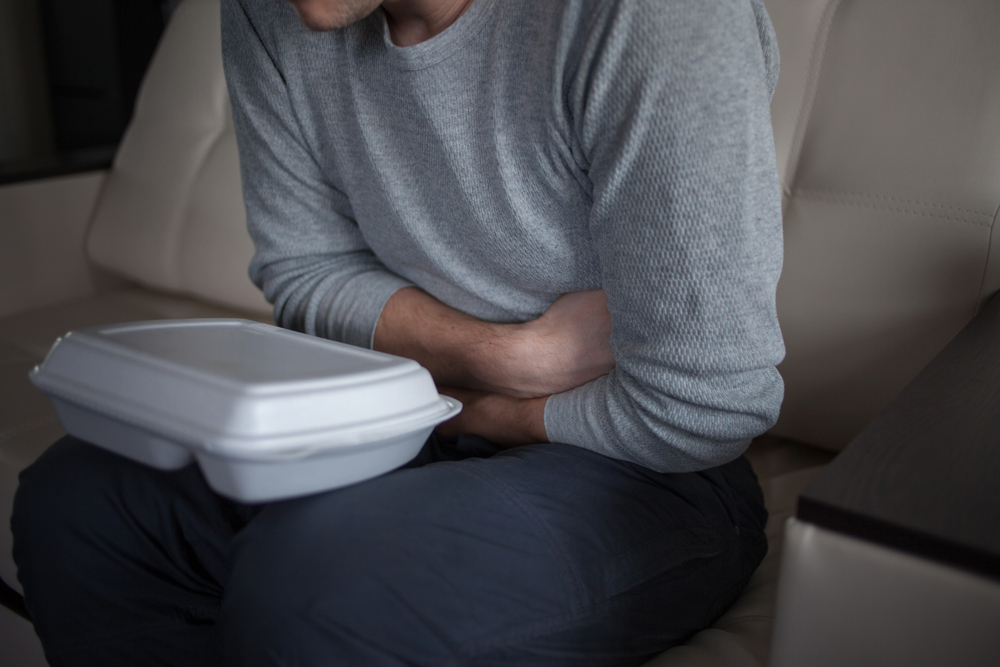Cold intolerance also known as cold sensitivity is a condition where your body over exaggerates to the cold. Along with feeling overly cold all the time you may also suffer from symptoms such as numbness, stiffness, pain, weakness, swelling of skin, skin color changes, or sensitivity to touching cold objects. Cold intolerance can be caused by a few things, hormonal problems that alter the metabolism or the thermal regulation of the body. Blood circulation problems. Nervous system disorders.
Feeling intolerant to the cold may not always be a sign of an underlying medical issue. Females have a tendency to be colder than men. It is also normal to be more sensitive to colds if you experience a sudden change in temperatures, either where you live or from moving to a place that is colder than you are used to. There are many underlying conditions that can cause you to feel cold all the time though. Feeling cold while it is hot, having a new sensation of being cold all the time, or your cold intolerance worsening may be cause for a trip to the doctor to make sure there isn’t something that is being left untreated.
Common Causes
A common cause of feeling cold all the time is anemia. There are many different types of anemia. Anemia causes you to not have enough healthy red blood cells. Red blood cells are in charge of carrying oxygen through the body. Iron deficient anemia is common in women who are pregnant, people who are malnourished, have had a severe amount of blood loss, or have irritable bowel disease. Vitamin deficiency anemia is caused by lack of nutritional balance in one’s diet. It can also be caused by low vitamin B12 or low folic acid. Other symptoms that go along with anemia besides being cold are fatigue, looking pale, irregular heartbeats, shortness of breath, headache, and dizziness.
Hypothyroidism may also be the cause for feeling cold all the time. The thyroid is a gland in your neck that is in charge of hormone production. Having an underactive thyroid can cause many symptoms such as feeling cold, thinning hair, dry skin, fatigue, irregular or heavy menstruation, constipation, and weight gain. Hypothyroidism cannot be cured. Left alone and untreated it can cause severe complications. Treatment is usually medications which can help control and reduce symptoms.
Atherosclerosis is when the blood vessels narrow because of plaque buildup. There are many different types. Peripheral artery disease is an example. These can cause pain, numbness, weak pulse in the legs and feet, slow wound healing, bluish tint to the skin, decreased hair growth, and decreased toenail growth.
Diabetes can lead to circulation problems. Circulation problems can lead to you feeling cold more often. It is more likely to feel cold when suffering from type 2 diabetes, though it can happen in type 1. Other symptoms of diabetes are fatigue, blurry vision, slow wound healing, frequent urination or extreme thirst or hunger.
Anorexia is an eating disorder where a person does not eat enough food because they are so concerned about gaining weight. People who suffer from anorexia usually are underweight. This can cause them to feel cold. It may also cause symptoms such as insomnia, weight loss, thinning hair, missed periods, lower blood pressure, dehydration, dizziness, and fatigue.
Feeling cold can also be a side effect to certain medications. Beta-blockers, ADHD medications, migraine medications, Chemotherapy drugs, decongestants, hormone medications, or immunosuppressants all have side effects that cause you to have some level of cold intolerance.
Treatment Options
It can be miserable to feel cold all the time. There are things you can do to combat it. If you have an underlying condition that is causing you to be cold it is important to get treatment from a doctor. You should see a doctor if your cold intolerance is new or continues to worsen with time.
When you are cold, how you dress can make all the difference in your warmth. Tossing clothing into the dryer for a few minutes before putting them on can help take the morning chill out of your clothes. Make sure you are dressing appropriately. Wear layers. Make sure your footwear is appropriate, or if it is wet outside make sure they are waterproof or water resistant to keep wetness off your socks. Wool socks can help keep your toes warmer. When outside, wear a hat and gloves. A hat will help keep heat in that is lost from your head. Gloves will help keep your hands warm, which are one of the first parts of the body that get cold. At night you can find a mattress heater to help heat your mattress up before getting into bed. Have winter pajamas, that are flannel or jersey that stay warmer than cotton, or bamboo sheets. Wear warm socks to bed. Pick your pajamas carefully, try to get ones that keep you warm enough without making you overheat.
For you meals when you are feeling cold it is important to make sure you are getting enough calories in the day. Your body expends a lot of energy to try to keep itself warm. Have at least one warm meal a day. Drink warm beverages. Warm tea is nice. Make sure you are eating a healthy balanced diet that includes lots of foods that are high in iron and vitamin B12. Eat spicy foods without overdoing it. Spicy foods can help warm you up.
In your home you can make sure you fix all your drafty windows to keep the cold out. Engage in some physical movement to get the blood flowing. Make sure you are getting adequate amounts of sleep per night. Plug in space heaters in rooms you are in during the day or rooms that tend to be colder than others. Give yourself two weeks to get acclimated to colder weather. That can be if you move somewhere and the temperature is colder than you are used to, or during the winter months.
Purium Products that Contain Vitamin B12:
Why Am I Cold? We have some answers and solutions. #HealthSurgeon
READ MORE: What Causes Hypothyroidism?
Sources:
https://www.webmd.com/a-to-z-guides/ss/slideshow-tips-always-cold
https://www.webmd.com/a-to-z-guides/why-am-i-cold
https://www.medicalnewstoday.com/articles/325151#summary
https://www.verywellhealth.com/why-do-you-feel-cold-all-the-time-4147618
https://www.healthline.com/health/cold-intolerance#outlook









